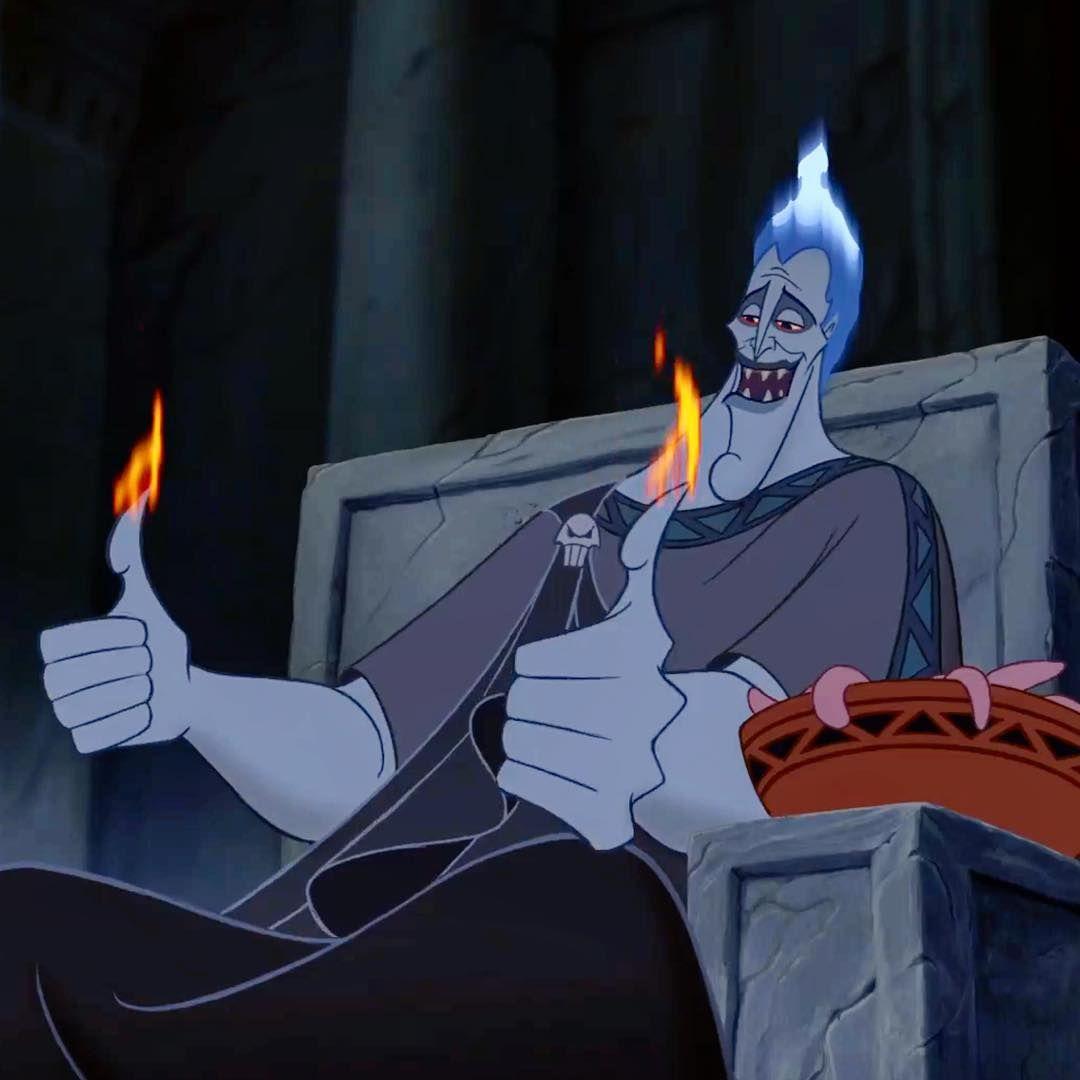

Orpheus would charm Charon with his music as he sought Eurydice, although Charon would only allow Orpheus a single passage based on the melody played. Theseus though was a cunning figure, much like Odysseus, and so the Greek hero may have duped Charon into transporting the pair for no payment.Ĭertainly other figures managed to make Charon transport them without payment. It is also generally assumed that Theseus and Pirithouspaid Charon for the crossing of the Acheron when they sought to abduct Persephone from the Underworld. It is often said that Charon was the ferryman across the River Styx, although this was a later alteration of the Charon myth, for of course the Styx was the most famous of the rivers found in the Greek underworld. The deceased could then stand in front of the Judges of the Dead, who would pass judgement on how they would spend eternity. Those that could pay the ferryman of the dead, would be safely transported across the Acheron into the heart of Hades’ realm.

Those that could not pay Charon’s fee would wander aimlessly along the banks of the Acheron for 100 years, with their spirits found as ghosts upon the earth, perhaps haunting those who had not undertaken the expected funeral rites. Neither coin was particularly valuable, but in order for the deceased to have in their possession such a coin, meant that the deceased had been subjected to the proper funeral rites for the obolos would have been placed in the mouth of the newly deceased. Here the skiff of Charon would await, with Charon taking the deceased across the river, as long as they could pay the fare.Ĭharon’ fee was said to be coinage, either an obolos or Persian denace. The idea was that Hermes, or another Psychopomp, would escort the newly deceased to the banks of the River Acheron, the River of Pain. As with most of the children of Nyx and Erebus, Charon was said to reside within the Greek Underworld, and his role for eternity was to act as ferryman of the dead.


 0 kommentar(er)
0 kommentar(er)
